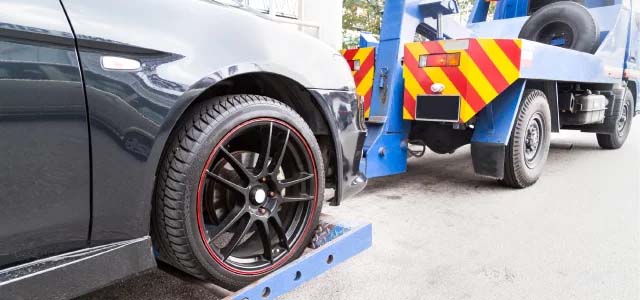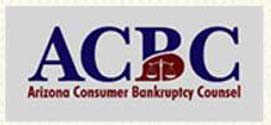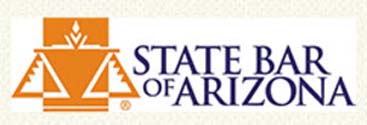
Can bankruptcy stop the bank from taking my car?
Yes and no. When filing for bankruptcy, generally everything a Debtor owns becomes property of the bankruptcy estate, except property which is exempt under Arizona law (if you live in Arizona). The bankruptcy estate is protected from the collection efforts of creditors by the automatic stay. Arizona exemption statutes protect exempt property.
No bank can take any property that is part of the bankruptcy estate while it is protected by the automatic stay.
A Chapter 7 bankruptcy will temporarily stop repossession. To repossess a car, the bank will have to file a Motion to Lift the Automatic Stay. That is, it must get permission from the bankruptcy curt to repossess the car, and it asks for permission by filing the Motion to Lift the Automatic Stay.
This gives the Debtor a little extra time to get some money together to make up missed payments. (It helps to have a bankruptcy attorney negotiate with the bank.) If the Debtor can’t get the money together to make up the missed payments, the bank will eventually repossess the car. A Chapter 7 will only buy a little time.
A Chapter 13 works differently. Because a Chapter 13 bankruptcy allows a Debtor to pay missed payments to secured creditors (those creditors whose loans attach to tangible property, such as a car or a house) over a three to five year Chapter 13 Plan, a Debtor can include the missed payments in his or her Chapter 13 Plan, and as long as the Debtor makes the Plan payments, the bank will not repossess the car.
It’s best to talk to a bankruptcy attorney to see which Chapter is better for you. The Law Offices of Alice Vacek Aranda PLLC offers a free one half hour consultation.




